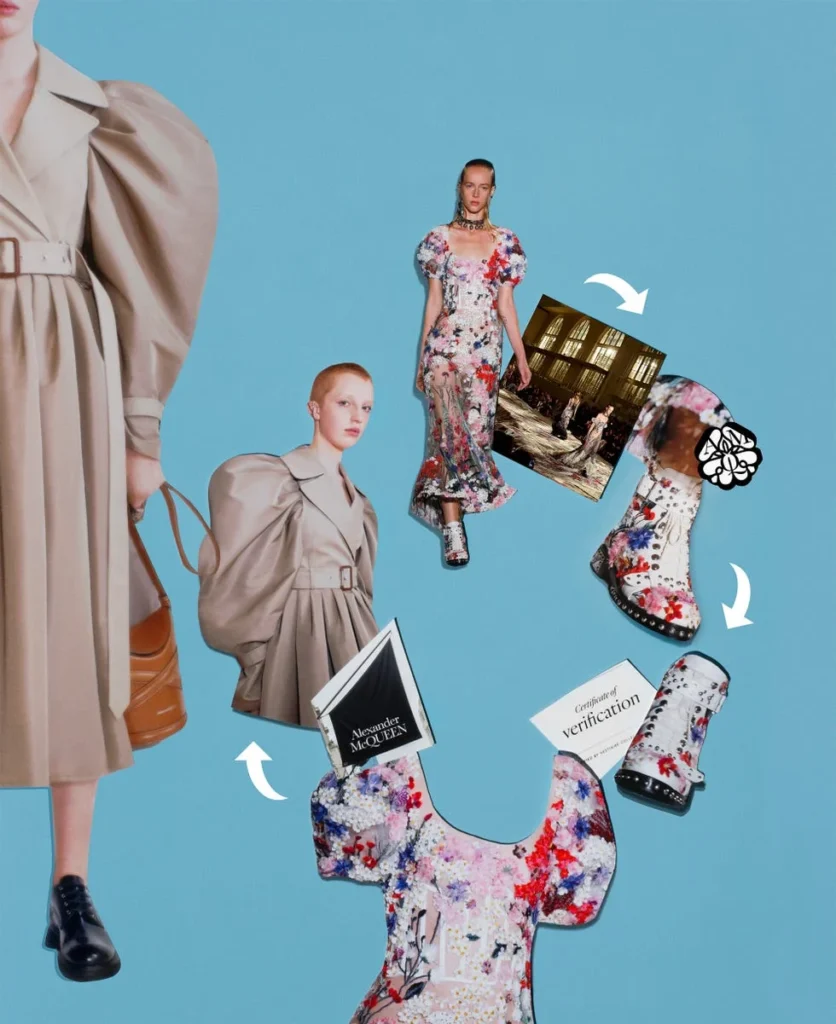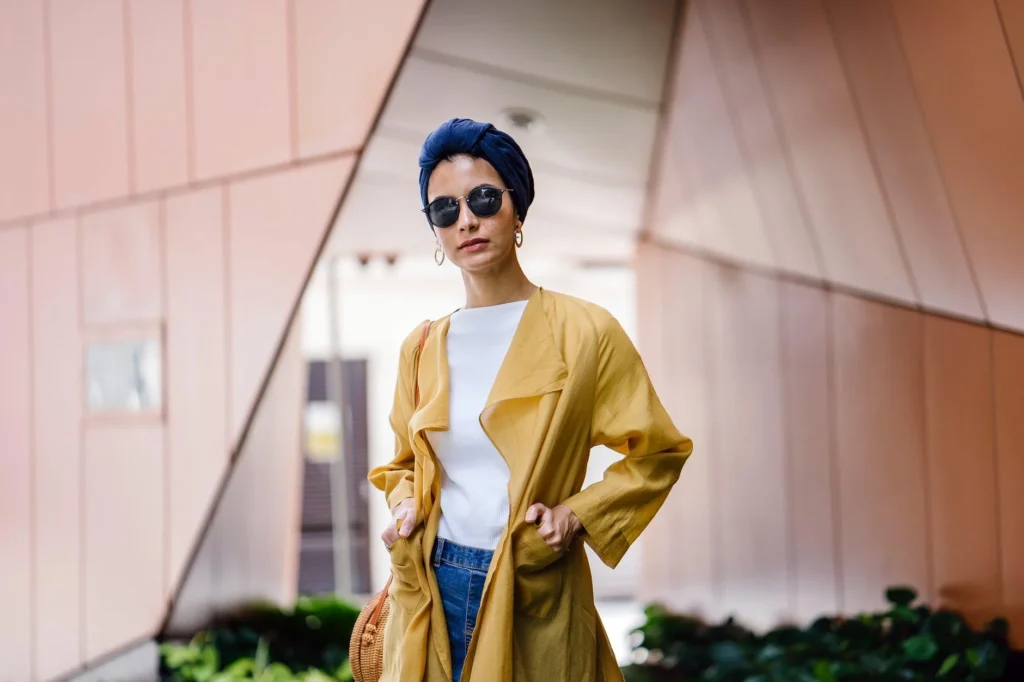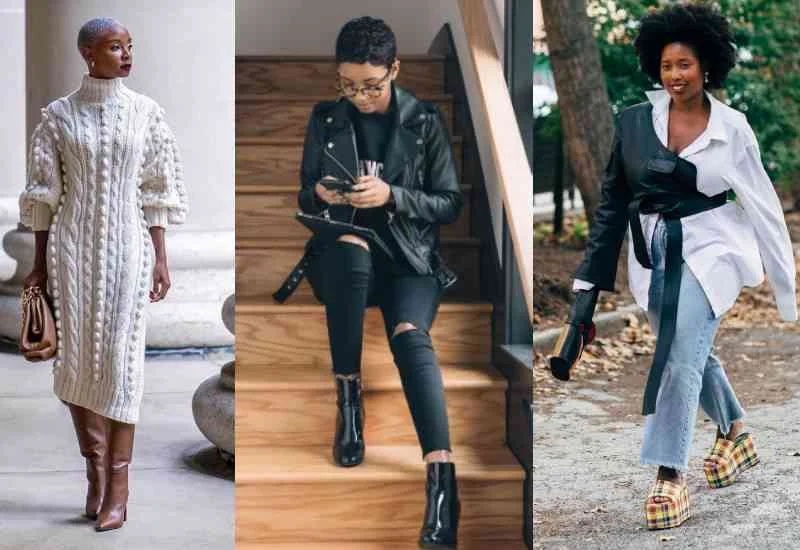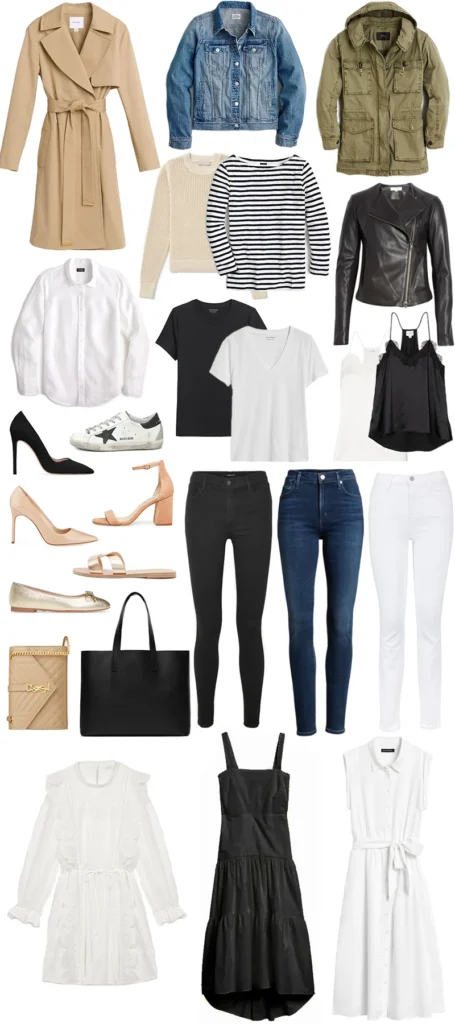Luxury brands are increasingly embracing the concept of circular fashion, which involves the shift towards resale and recycling. This trend signifies a departure from the traditional linear fashion model and emphasizes sustainability and environmental responsibility. As a result, luxury brands are exploring ways to extend the lifecycle of their products through resale platforms and recycling initiatives. This shift not only addresses the growing consumer demand for sustainable fashion but also reflects the industry’s commitment to reducing its environmental impact.
In response to the growing demand for sustainable fashion, luxury brands are actively engaging in circular fashion practices such as resale and recycling. By participating in the resale market, these brands are not only extending the lifespan of their products but also tapping into the thriving second-hand luxury market. Additionally, by implementing recycling initiatives, luxury brands are reducing waste and minimizing their environmental footprint. This shift towards circular fashion reflects a conscious effort to align with consumer values and contribute to a more sustainable industry.
Luxury Brands Embrace Circular Fashion
Luxury brands have traditionally been associated with exclusivity, high prices, and a focus on newness and constant consumption. However, in recent years, there has been a noticeable shift towards embracing circular fashion principles. This means that luxury brands are increasingly recognizing the importance of sustainability, ethical production, and the need to minimize their environmental impact.
By embracing circular fashion, luxury brands are not only responding to the growing consumer demand for sustainable and ethical products, but they are also taking proactive steps to reduce waste and extend the lifecycle of their products. This shift represents a significant change in the industry and has the potential to influence the entire fashion ecosystem.
The Shift Towards Resale
One of the key ways in which luxury brands are embracing circular fashion is by incorporating resale into their business models. This involves not only encouraging customers to resell their pre-owned luxury items but also creating platforms and partnerships to facilitate the resale process. By doing so, luxury brands are able to extend the lifespan of their products and tap into the growing market for pre-owned luxury goods.
Furthermore, embracing resale allows luxury brands to maintain a connection with their customers beyond the initial point of sale. It also provides them with an opportunity to control the resale process, ensuring that their brand values and quality standards are upheld even in the secondary market.
The Rise of Recycling Initiatives
In addition to embracing resale, luxury brands are also increasingly investing in recycling initiatives. This involves not only using recycled materials in their products but also implementing take-back programs where customers can return their used items to be recycled or upcycled. By doing so, luxury brands are able to minimize their environmental impact and contribute to the circular economy.
Furthermore, by investing in recycling initiatives, luxury brands are able to demonstrate their commitment to sustainability and position themselves as leaders in the movement towards a more circular fashion industry. This can also serve as a point of differentiation, attracting eco-conscious consumers who are seeking out brands that align with their values.
Creative Collaborations for Circular Fashion
Another notable trend in the shift towards circular fashion is the rise of creative collaborations between luxury brands and sustainable fashion advocates. These collaborations often result in limited-edition collections that are made from recycled materials or produced using ethical and eco-friendly practices. By partnering with experts in sustainable fashion, luxury brands are able to leverage their expertise and credibility to further their circular fashion initiatives.
These creative collaborations not only generate buzz and excitement within the industry but also serve as a powerful way for luxury brands to communicate their commitment to sustainability. By showcasing the potential for creativity and innovation within the circular fashion space, these collaborations can inspire other brands to follow suit and drive further momentum towards a more sustainable and circular fashion industry.
| Topic | Description |
|---|---|
| What is Circular Fashion? | A sustainable approach to fashion that focuses on extending the life cycle of clothing through resale and recycling. |
| Resale Platforms | Luxury brands are partnering with resale platforms to give their products a second life and reduce waste. |
| Recycling Initiatives | Luxury brands are investing in recycling technologies to turn old garments into new materials. |
| Consumer Demand | There is a growing demand for sustainable fashion options, prompting luxury brands to embrace circular practices. |




